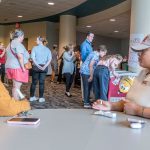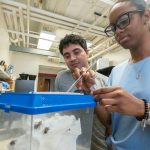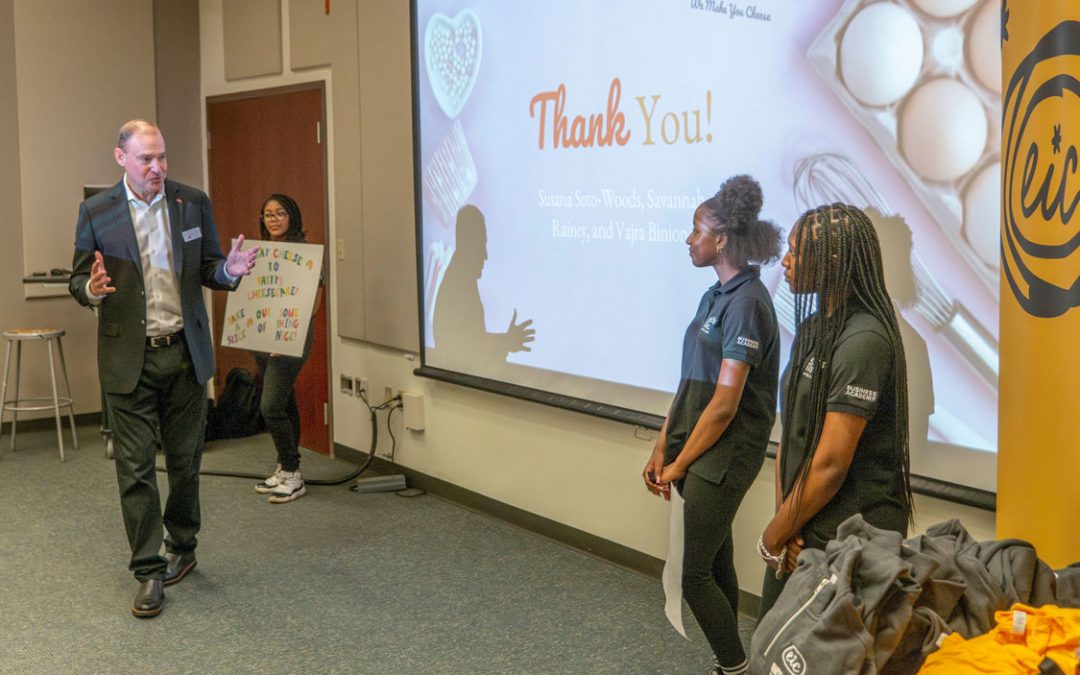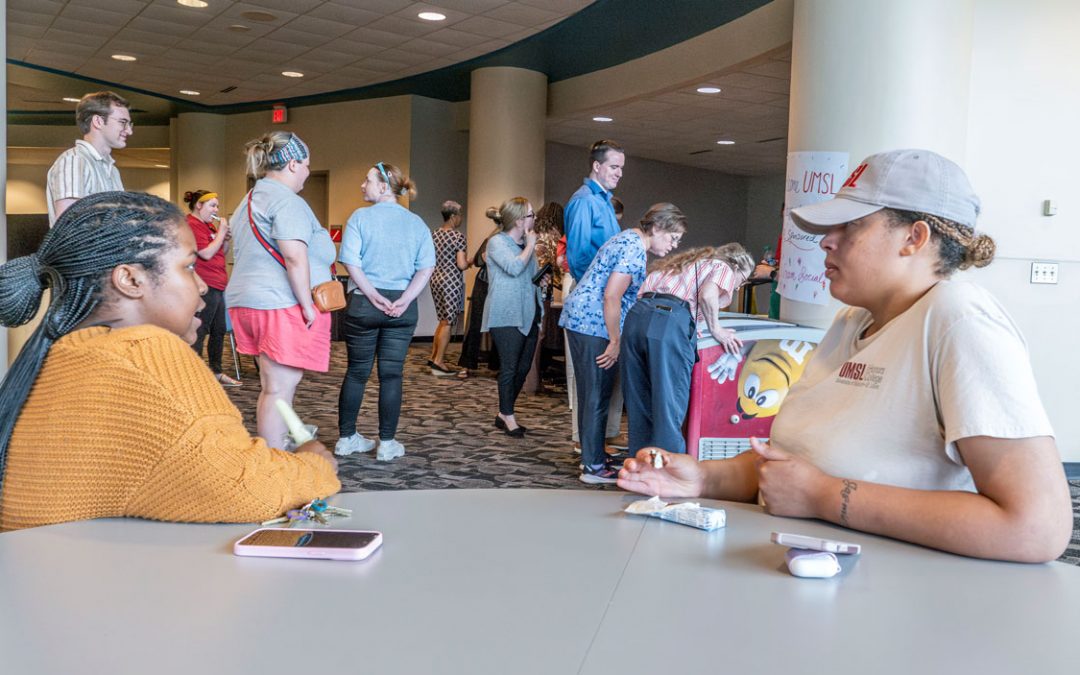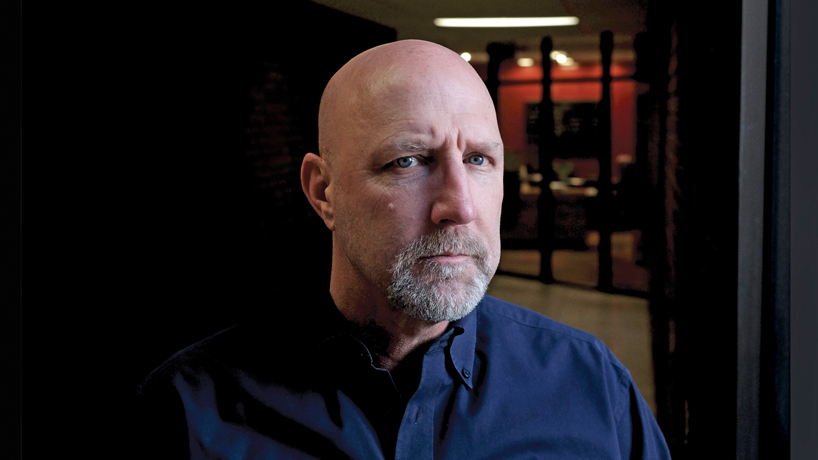
Criminology Professor David Klinger appeared on the National Public Radio show “All Things Considered” on Tuesday afternoon and discussed the delay by Tulsa police officers in rendering first aid to shooting victim Terence Crutcher. (Photo by August Jennewein)
The shooting of 40-year-old Terence Crutcher last Friday in Tulsa, Oklahoma, is among the most recent instances of police use of force to attract national attention – and scrutiny.
It intensified after the Tulsa Police Department released video from the scene of the shooting on Monday.
David Klinger, a professor of criminology and criminal justice at the University of Missouri–St. Louis, appeared on the National Public Radio show “All Things Considered” on Tuesday afternoon, not to discuss the shooting itself – which is under investigation by federal, state and local authorities – but rather its immediate aftermath.
Video showed a roughly 2½-minute gap between when Crutcher was shot and when first responders attended to his injuries, and host Ari Shapiro talked to Klinger about whether police officers are obligated to provide first aid to shooting victims.
“The general answer is yes, and the basic issue is that when the police have taken action where someone is injured, they need to ensure that medical aid is given in an expeditious fashion,” Klinger said. “Officers have to make sure that the situation is safe, then they should immediately move up in a safe fashion, immediately handcuff and go ahead and render that first aid. Now, it may not be the police themselves because in some situations there will be EMTs or medics who are nearby.”
He said the only exceptions are when it is not safe to do so and pointed specifically to July 7 in Dallas, where officers exchanged gunfire with a suspect Micah Xavier Johnson, who was hunkered down near a second-floor library at El Centro College. After negotiations with Johnson failed to progress, they sent in a robot carrying an explosive device. The device detonated, killing Johnson in the blast.
Shapiro asked specifically about the shooting of Crutcher, who was found to be unarmed.
“I saw absolutely nothing on that video that would indicate that there was any reason for the officers not to move in quickly, handcuff the suspect, search the suspect to make sure he didn’t have any additional weapons and then render first aid,” Klinger said. “So I’m scratching my head.”
As the conversation continued, Klinger and Shapiro discussed police training for similar situations and whether they are equipped with the tools they need to administer first aid. Klinger was also asked to assess what he thought went wrong so that they weren’t used more promptly in Tulsa.
Find audio and a transcript of the full interview here.
More media coverage:
The Washington Post





